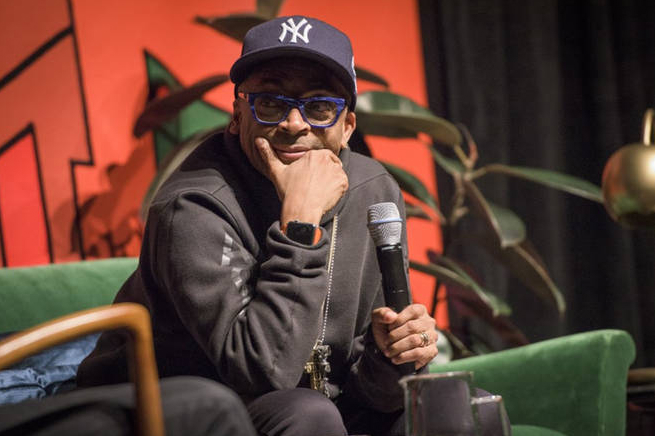
Netflix has greenlighted a 10-episode-long adaptation of the film, according to the Hollywood Reporter, which Lee will direct and executive produce with his wife, producer Tonya Lewis Lee. The streaming service has not announced plans for the project past the first season, but one would imagine that if the series is well-received, Lee could pursue a second season.
The original movie grossed more than $7 million at the U.S. box office, a hefty haul at the time for a low-budget, first-time indie filmmaker, especially given the film’s controversial plotline and themes. She’s Gotta Have It explored black female empowerment in Fort Greene, Brooklyn, a topic many would argue mainstream Hollywood has still largely avoided, following the coattails of movements like #OscarsSoWhite and the rare portrayal of black sexuality on the big screen.
The film specifically explored the double standard of promiscuity — men are celebrated for polygamy, while women are shamed for sexual freedom, especially in the black community.
Related: Joseph Gordon-Levitt wrestled with Edward Snowden’s legacy before meeting him in person
The New York Times wrote that the film “ushered in the American independent film movement of the 1980s. It was also a groundbreaking film for African-American filmmakers and a welcome change in the representation of blacks in American cinema, depicting men and women of color not as pimps and whores, but as intelligent, upscale urbanites.”
But while Lee has been celebrated for his adaptation of black female empowerment, the film has also been challenged, as Jezebel noted. This criticism has come most notably from bell hooks, the author, feminist, and social activist, who wrote that Lee “challenges and critiques notions of black male sexuality while presenting a very typical perspective on black female sexuality. His imaginative explorations of black male psyche is far more probing, far more expansive, and finally much more interesting than his exploration of black femaleness.”
With the release of the Netflix adaptation set after the original’s 30-year anniversary, bell hooks — and other feminists and social activists — would hope that with Tonya Lewis Lee joining the director at the helm, this version will better reflect what we consider true equality in 2016.


